AI is expected to set to revolutionise the workplace in several significant ways over the coming years, as more organisations look to integrate cutting-edge capabilities in even more interesting ways. Currently, 91% of organisations are using AI, expecting a 24% improvement in customer experience, business resilience, sustainability and operational efficiency because of AI.
These AI trends for 2025 are where we think AI will make the most significant advancements.

1. Automation of Routine Tasks
AI is already automating routine HR tasks such as payroll, benefits administration, and compliance reporting, freeing up HR professionals to focus on more strategic and impactful initiatives. We expect this to gather pace with the addition of workflow personalisation, collaboration and communication.
2. AI-Powered Recruitment
AI is revolutionising how companies find and hire talent. Tools like AI-driven applicant tracking systems (ATS) and chatbots are streamlining the recruitment process, reducing bias, and improving the experience for candidates. We foresee the adoption of these tools accelerating efficiency, Speed, Improved candidate experience and data-driven insights.
3. Enhanced Collaboration Tools
AI-powered tools like Microsoft Teams integrate smart assistants that can schedule meetings, transcribe conversations, and even provide summaries and action items. This helps ensure everyone is on the same page and reduces the time spent on administrative tasks.
Over the next couple of years, we see AI creating more immersive virtual collaboration spaces, using technologies like augmented reality (AR) and virtual reality (VR). These spaces will allow teams to interact in a more engaging and productive way, even when working remotely.
4. Employee Experience and Well-Being
Personalised learning paths powered by AI are becoming more common. These systems can recommend training programmes based on an employee’s role, career goals, and performance data, ensuring continuous development.
AI is being used to analyse employee sentiment through surveys and social media, helping HR teams identify and address issues before they lead to staff turnover. Predictive analytics can also forecast which employees might leave and suggest interventions to help retain them for longer.
AI tools are enhancing performance reviews by providing real-time feedback and data-driven insights. This helps managers make more informed decisions and more effectively supports employee growth.
Continual advances in AI are having a profound impact in the workplace by improving efficiencies through the automation of routine tasks, streamlining processes for recruitment and HR, enhancing collaboration and the overall experience for employees.

Accelerating with AI
2025 is just the beginning in the world of AI capabilities, as businesses find new and innovative ways to solve their biggest challenges with the support of partners like Transparity.
As AI continues to automate routine tasks, enhance recruitment processes, and improve collaboration tools, we can expect a more efficient and engaging work environment. Additionally, AI’s role in personalising employee experiences and well-being will further contribute to a more productive and satisfied workforce. The advancements in AI over the next few years will undoubtedly shape the future of work, making it more dynamic and innovative.



